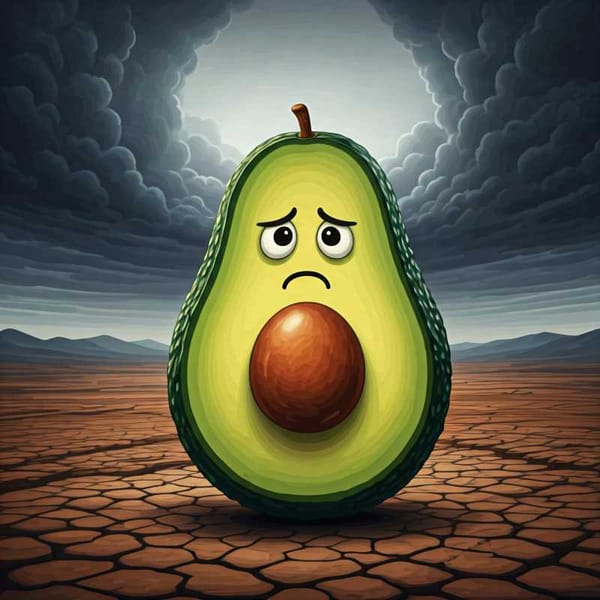Tacos: the emblem of Mexican cuisine and culture
Mexican taco is much more than just-food. Emblematic of its cuisine and culture, every day it evolves and expands internationally with a varied offer.

Mexican taco is much more than just-food. Emblematic of its cuisine and culture, every day it evolves and expands internationally with a varied offer.


Soil: not just dirt! Vital for food, water, and fighting climate change, says UNAM expert. Over-farming and deforestation are killing it. We need to cherish soil or face a planet-sized disaster.

Mexico's sugarcane industry thrives through remarkable cooperation between growers, millers, and industrialists, boosting yields and contributing to food sovereignty. Their success includes social security for all workers and innovation in producing sugar, biofuels, and rum.

In 1968, the Mexican army besieged Ciudad Universitaria, arresting 1,500+ students, teachers, and staff. 10,000 troops targeted the National Strike Council (CNH). The operation, involving the Olimpia Battalion and DFS (political police), led to imprisonment and disappearances.

Mexico City launches a pilot hydrothermal carbonization plant to convert organic waste into valuable resources. The first module processes 72 tons of waste daily, producing hydrochar (a coal alternative) and fertilizer, reducing CO2 emissions by 24,600 tons/year.